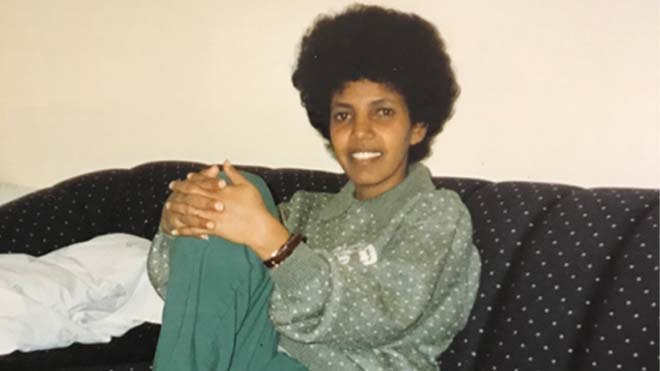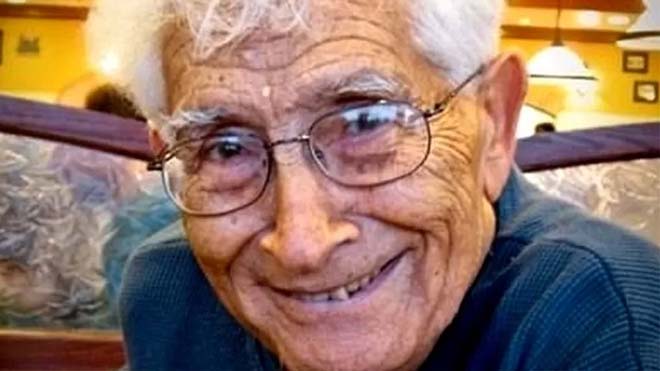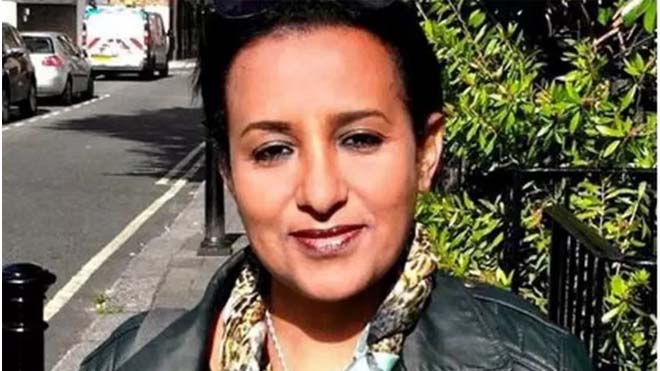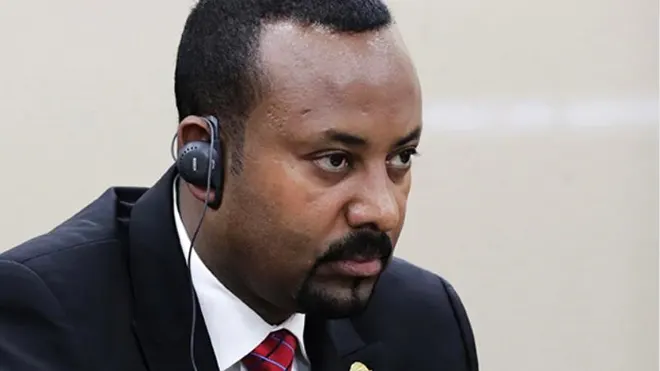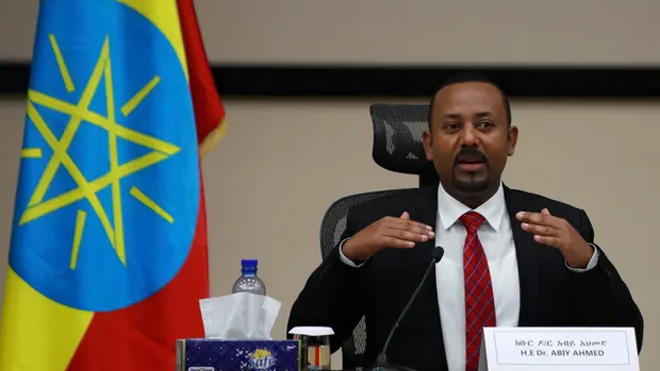Eritrea: Yemane Gebremeskel (Charlie) interview with BBC on October 10, 2001
Yemane: They were not muzzled. This thing has been going on for thirteen months; the government was extremely tolerant, extremely patient. When people were going beyond the law, playing, when everybody in the country sees is illegal…
BBC: Like What? Just give me an idea, what did they do? Were they holding clandestine meetings? Were they talking to overthrow the government? I mean, what is the threat, the threat that this group posed?
Yemane: Let’s say they have been involved, clearly in illegal activities that endangered the sovereignty of the national security and sovereignty of this country. And that has been said, have been expressed publicly when they were arrested. Prior to that, these people have been expressing their views without any hindrance. The population of this country have been requesting, everybody have been saying, “this thing should be stopped, it is going beyond limits.”
BBC: It is not the activities that you didn’t like or the public statements that you didn’t like… the statements that … they felt the president was not consulting enough and the country was not heading towards democracy fast enough. I mean basically criticizing the leadership?
Yemane: Nobody in this country is arrested because he holds or expresses a different opinion. Nobody in this country, never, ever has been arrested because of his views. I mean, anybody is free. I agree with you [inaudible] the government is doing. You are free to express your opinion.
BBC: What are these people going to be charged with?
Yemane: I cannot prejudge that now. It is not my job. I think it is the job of the ummmm, unnn, um .eh…legal authorities.
BBC: But they are being held in detention without charge at the moment?
Yemane: Ummm…you know these are legal matters. I am, no… I don’t think I am qualified to- to– to- answer those, but I think the government here operates within the bounds of legality.
BBC: One of the dissidents, Mesfin Hagos, has indicated that he is coming back to Eritrea, what are you going to do? Are you going to let him back into the country?
Yemane: Every citizen has the right to return. So, the issue, if he wants to return, I don’t know why he left the country in the first place, if he wants to return he can return. If he is guilty of illegal things then he is not above the law. Nobody is above the law.
BBC: Does he face the threat of arrest if he comes back?
Yemane: not; he is not above the law. That is what I want to say.
BBC: Because that is extraordinary; somebody like him, well respected figure; somebody who is a legend in the liberation struggle; former defense minister! It is extraordinary that somebody like him and others who spoke out against the president now find themselves either under the threat of arrest or in exile or [inaudible] under detention?
Yemane: You don’t find it extraordinary that these people are also un, I umhh ahh mm, un er. Ennmmm involved in illegal activities or….
BBC: I mean…
Yemane: Hang on. There is nothing extraordinary here. We have to find out what the problems are; what these people are after…
BBC: But you just told me that they have been involved in illegal acts but you cannot tell me what the illegal acts are; I have asked you what these people are charged with, you can’t tell me what they are charged with. This is hardly a, you know, an open process.
Yemane: I think it is a question of time.
Transcription by Awate.com


![[AIM] Asmarino Independent Media](/images/logo/ailogo.png)

